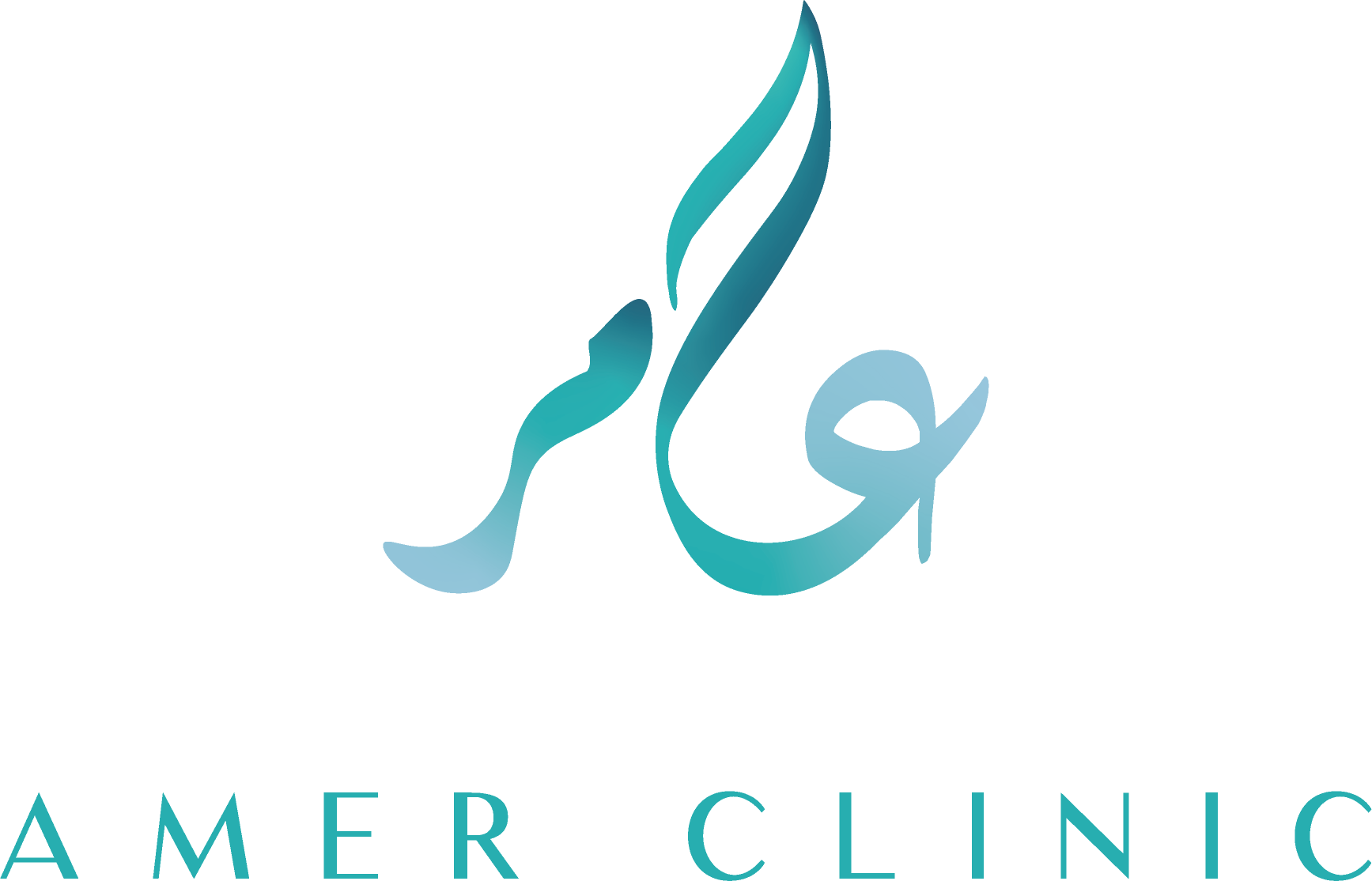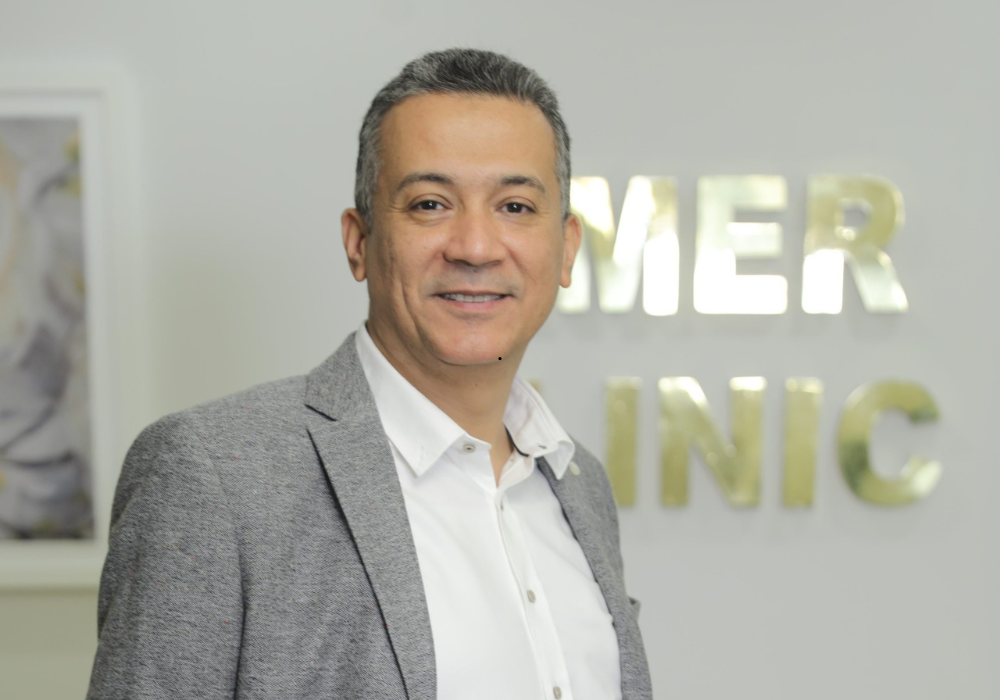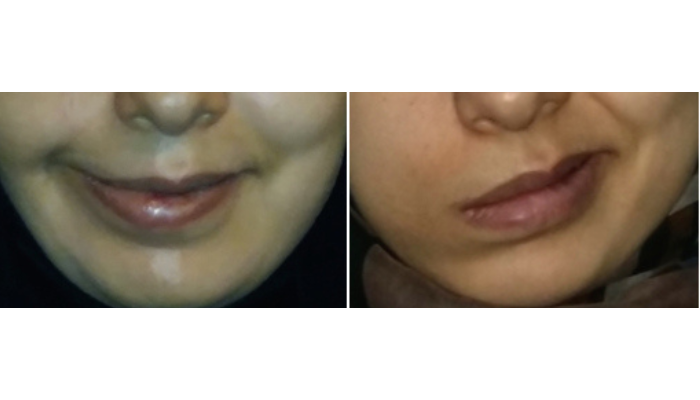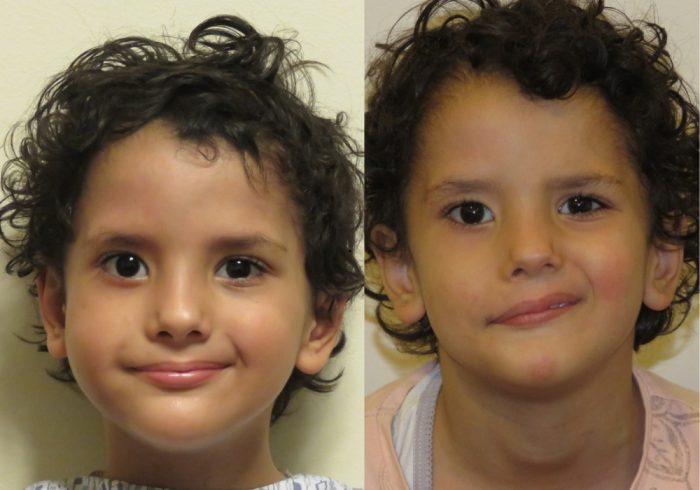Facial Nerve Paralysis and Synkinesis: The Recovery Journey with Dr. Tarek Amer
Facial Nerve Paralysis and Synkinesis: The Recovery Journey with Dr. Tarek Amer
Facial nerve paralysis is more than just a medical problem; it is an experience that deeply impacts the patient’s mental well-being and quality of life. This paralysis, resulting from an injury to the seventh nerve, affects the person’s ability to control the muscles of the face, leading to difficulty in expression, smiling, and communication. It may cause social isolation and internal suffering that is not visible to the eye.
Symptoms and Signs
Symptoms vary depending on the location and severity of the injury, and may include:
-
Inability to close the eye properly, leading to eye dryness
-
Deviation of the mouth toward the healthy side
-
Weakness in facial expressions, difficulty in eating or drinking
-
Corneal ulcers or infections due to the inability to close the eyelid
Treatment: Time is Crucial
In cases of early paralysis, medication may sometimes be effective, along with drops and ointments to protect the eye. In advanced cases, precise surgical intervention is required, and the choice of procedure depends on:
-
The duration since the onset of paralysis
-
The presence of healthy, responsive muscles
-
Whether the affected nerve can be used or an alternative nerve source, such as the hypoglossal nerve, is available
Synkinesis: A New Challenge After Recovery
After partial recovery from facial nerve paralysis, the patient may suffer from what is known as “facial synkinesis,” where abnormal involuntary movements occur when attempting to express emotions. For example, the eye may close involuntarily when smiling. This synkinesis results from disorganized nerve growth after injury, causing incorrect connections between nerve fibers and facial muscles.
Treatment Options for Synkinesis
-
Botox Injections: These help relax overactive muscles and improve motor coordination.
-
Surgery: In severe cases, selective nerve release or the removal of specific muscles may be necessary.
About Dr. Tarek Amer: Leadership and Trust
Dr. Tarek Amer, Professor of Plastic Surgery and Microsurgery at Cairo University, is one of the leading names in facial nerve paralysis treatment in the Middle East.
He graduated in 1994 from Cairo University’s Faculty of Medicine, then obtained his Master’s and Doctorate degrees. He continued his studies abroad and became a Fellow of the Royal College of Surgeons in Ireland and a Fellow of Queen Mary Hospital and Chung-Jang University in Taiwan. He has published numerous research papers in international medical journals and participated in global conferences to share his expertise and develop this field.
Our Vision
Dr. Tarek Amer aims to establish a distinguished regional center for treating facial nerve paralysis, combining advanced surgical expertise, compassionate patient care, and ongoing scientific research.
Our Mission
-
Providing personalized, integrated care for each case
-
Offering physical and psychological support to patients
-
Educating and empowering patients to understand their condition
Restoring a patient’s smile is not just a medical achievement; it is the restoration of their life, self-confidence, and relationships with others.
With Dr. Tarek Amer, we do not only restore movement to muscles; we restore life to features and spirit.




